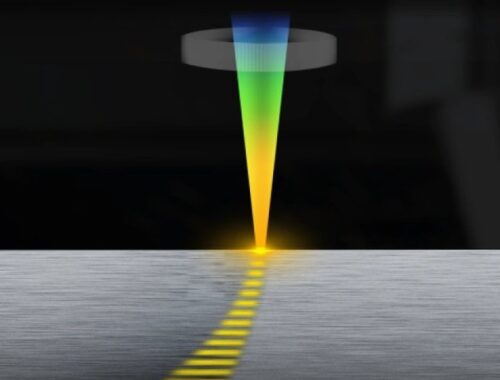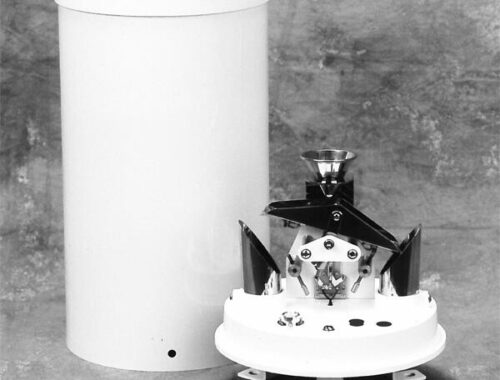Wolff clarifies reasons Mercedes rejected reverse-grid idea
Mercedes boss Toto Wolff has explained why Mercedes voted against F1 experimenting with a reverse-grid qualifying race, insisting the sport has a habit of bringing old, previously rejected ideas back to the fore.
Formula 1 tabled the concept of a reverse-grid 30-minute sprint race held on Saturday afternoon to determine Sunday’s starting grid, believing this summer’s double-header events offered an opportunity to experiment.
However, Mercedes opposed the ploy when teams were asked last week to vote on the scheme, as did Racing Point apparently. With unanimity required to formally rubber-stamp the idea, here was no other choice but to scrap the experiment.
-
Wolff: Interest in Vettel justified by risk of ‘black swan’ event
Wolff, speaking to the media on a Zoom call on Wednesday, outlined three main reasons for Mercedes’ opposition.
“It seems to be a common pattern in Formula 1 that we’re digging out old ideas that have been analysed previously and rejected,” he said.
“Then somebody thinks it’s great and it’s back on the back on the agenda. So you need to look at the reasons why we were against it, and there’s three fundamental reasons.
“First, I believe that F1 is a meritocracy. Best man in best machine wins. We don’t need a gimmick to turn the field around to create more exciting racing.
“Number two, I know it from touring car racing that strategies become a very useful tool when one race result is basically making the grid for the next one.
Click Here: Cheap FIJI Rugby Jersey
“Just imagine one of the drivers not running well on the Sunday race of the first Spielberg weekend, and you decide to DNF the car. That will be the car that starts from pole for the qualy race.
“And if that car starting on pole on the qualy race is within midfielders, he will certainly be on pole for Sunday and win the race. There will be cars in the middle that will defend and block as much as they can.
“And therefore, for the quick cars coming from behind, it will mean more risk for a DNF and that could influence the championship.
“And then, from a pure performance standpoint, whoever the fastest car may be, and it’s not necessarily us, will be penalised [compared to the] second and third quickest teams, because they will simply start in front.
“As we know the margins are often not very large, so therefore it’s a bit of an opportunistic move to give some teams an advantage.”
Finally, Wolff added that support for a reverse-grid sprint race was weak among F1 fans.
“We said this is not the time to experiment with things that interestingly, didn’t even have the support of Formula 1’s fan community,” he said.
“In a survey only 15% expressed an interest in reverse grids.”
Gallery: The beautiful wives and girlfriends of F1 drivers
Keep up to date with all the F1 news via Facebook and Twitter
You May Also Like

Monkey Mart: A Primate Paradise for Shoppers
March 20, 2025
HOW TO IMPROVE PRODUCTION EFFICIENCY OF A LASER PLATE CUTTING MACHINE
November 22, 2024